Isabel Oakeshott, Matt Hancock and the ethics of the Lockdown Files
Telegraph series raises issues of public trust, whistleblowing and source protection for journalists
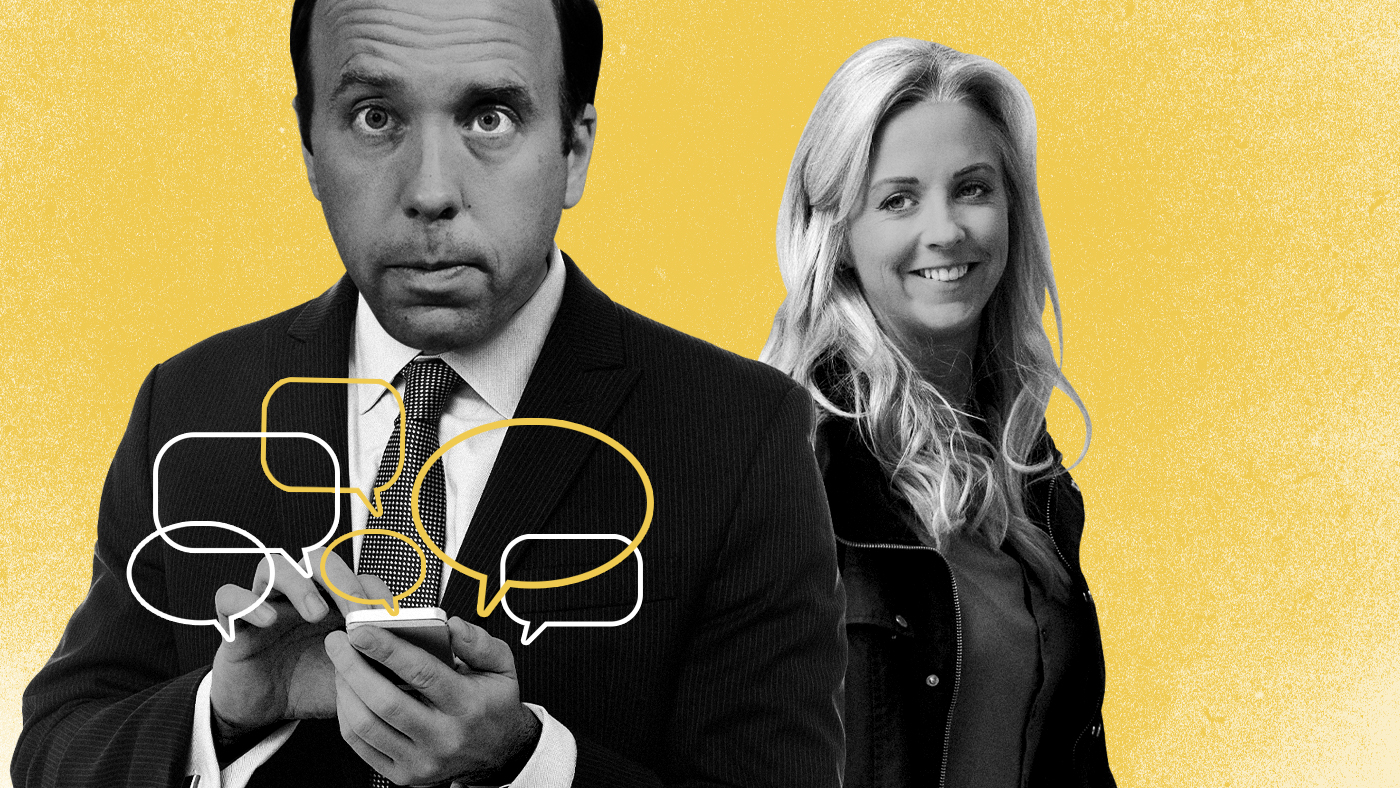
A free daily email with the biggest news stories of the day – and the best features from TheWeek.com
You are now subscribed
Your newsletter sign-up was successful
At face value, Isabel Oakeshott’s leak of more than 100,000 WhatsApp messages entrusted to her by Matt Hancock appears to “confirm the popular misconception that journalists cannot be trusted”, said Dominic Ponsford, Press Gazette’s editor-in-chief.
Hancock, the former health secretary, gave the journalist access to his conversations so she could help ghostwrite his memoirs, Pandemic Diaries, published in December.
Now she has “burned him” and apparently broken a confidentiality agreement by sharing them with The Telegraph, which has published The Lockdown Files, said Ponsford in the media trade magazine.
The Week
Escape your echo chamber. Get the facts behind the news, plus analysis from multiple perspectives.

Sign up for The Week's Free Newsletters
From our morning news briefing to a weekly Good News Newsletter, get the best of The Week delivered directly to your inbox.
From our morning news briefing to a weekly Good News Newsletter, get the best of The Week delivered directly to your inbox.
Public interest
Hancock has accused Oakeshott of a “massive betrayal” and claimed there is “absolutely no public interest case for this huge breach” as the material for his book was given to the Covid-19 public inquiry.
Yes, it is a “clear breach of privacy”, said Ponsford, but Hancock “rather misses the wider context”. “In these particular circumstances it is difficult not to see how, ethically speaking, she is anything but a whistleblower who has acted in the public interest.”
This echoes the point Oakeshott made on BBC Radio 4’s Today programme last week. She said: “Not one journalist worth their salt would sit on a cache of information in such an important matter, such a historic matter, and cover that up.”
She also suggested the Covid inquiry would take “many years” and could be a “colossal whitewash”, allegations rejected by its chair, Heather Hallett. Oakeshott said she was not paid to help write Hancock’s book, nor did The Telegraph pay directly for the messages, but she has not revealed any payment she received for her articles written as part of the exposé.
A free daily email with the biggest news stories of the day – and the best features from TheWeek.com
Perhaps it would have been “more responsible” to hand the messages over to a “non-partisan broadcaster”, argued Steven Barnett, professor of communications at the University of Westminster, on The Conversation.
“Instead, we are now seeing cherrypicked messages published piecemeal to further support the Telegraph’s own editorial position,” he wrote. And Oakeshott’s “apparent readiness to betray her source – whatever her stated justification – is likely to generate even more cynicism about an industry that already struggles to command public confidence”.
Protecting sources
“Talk about shooting the messenger,” said Joanna Williams in The Spectator. “In what moral universe is Oakeshott the problem and Hancock the victim?” she asked.
Oakeshott has become a scapegoat for journalists’ own “failure to hold the government to account”, shortcomings that have been revealed through the WhatsApp leak, she said.
The Editors’ Code of Practice does state “that journalists have a moral obligation to protect confidential sources of information”, said media law consultant David Banks in The Guardian. But this “tends to be applied to people who fear being identified in relation to a story” rather than “government ministers who are writing a memoir of their time in office”.
The wider question, said Banks, is can you ever trust a journalist? “That depends on the journalist,” he said.
And Oakeshott has a “track record”, said Henry Mance in the Financial Times. “One of her previous sources went to jail; she is a lockdown sceptic and the partner of Richard Tice, leader of a pro-Brexit party that wants to ‘destroy’ the Conservatives.”
For Hancock, said Mance, “there are people who cannot read and write who would have been more appropriate ghostwriters”.
Hollie Clemence is the UK executive editor. She joined the team in 2011 and spent six years as news editor for the site, during which time the country had three general elections, a Brexit referendum, a Covid pandemic and a new generation of British royals. Before that, she was a reporter for IHS Jane’s Police Review, and travelled the country interviewing police chiefs, politicians and rank-and-file officers, occasionally from the back of a helicopter or police van. She has a master’s in magazine journalism from City University, London, and has written for publications and websites including TheTimes.co.uk and Police Oracle.
-
 The Olympic timekeepers keeping the Games on track
The Olympic timekeepers keeping the Games on trackUnder the Radar Swiss watchmaking giant Omega has been at the finish line of every Olympic Games for nearly 100 years
-
 Will increasing tensions with Iran boil over into war?
Will increasing tensions with Iran boil over into war?Today’s Big Question President Donald Trump has recently been threatening the country
-
 Corruption: The spy sheikh and the president
Corruption: The spy sheikh and the presidentFeature Trump is at the center of another scandal
-
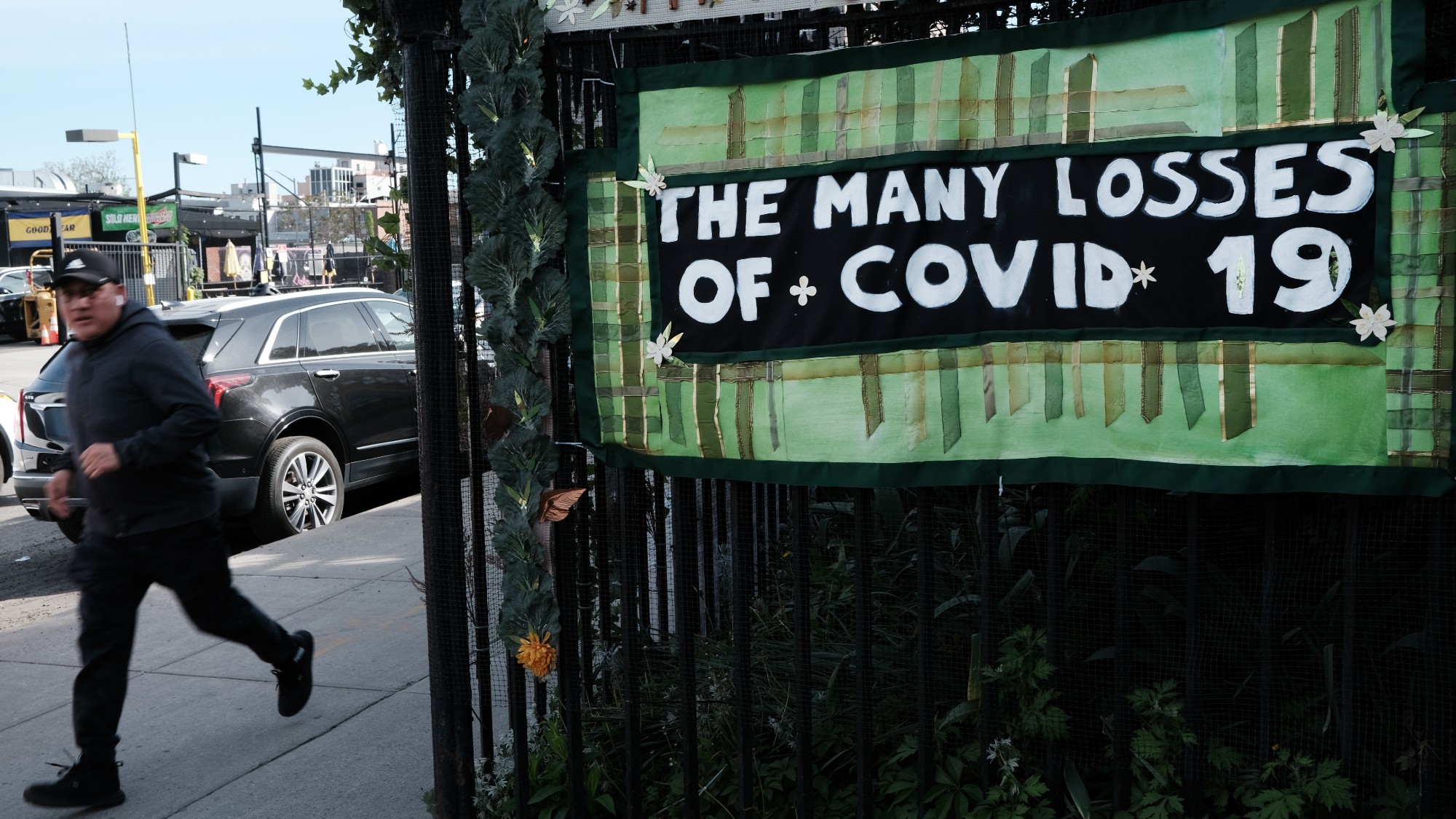 'There is a certain kind of strength in refusing to concede error'
'There is a certain kind of strength in refusing to concede error'instant opinion 'Opinion, comment and editorials of the day'
-
 'Most Americans have never heard of the Office of Net Assessment'
'Most Americans have never heard of the Office of Net Assessment'Instant Opinion Opinion, comment and editorials of the day
-
 'What Americans really need is access to safer products'
'What Americans really need is access to safer products'Instant Opinion Opinion, comment and editorials of the day
-
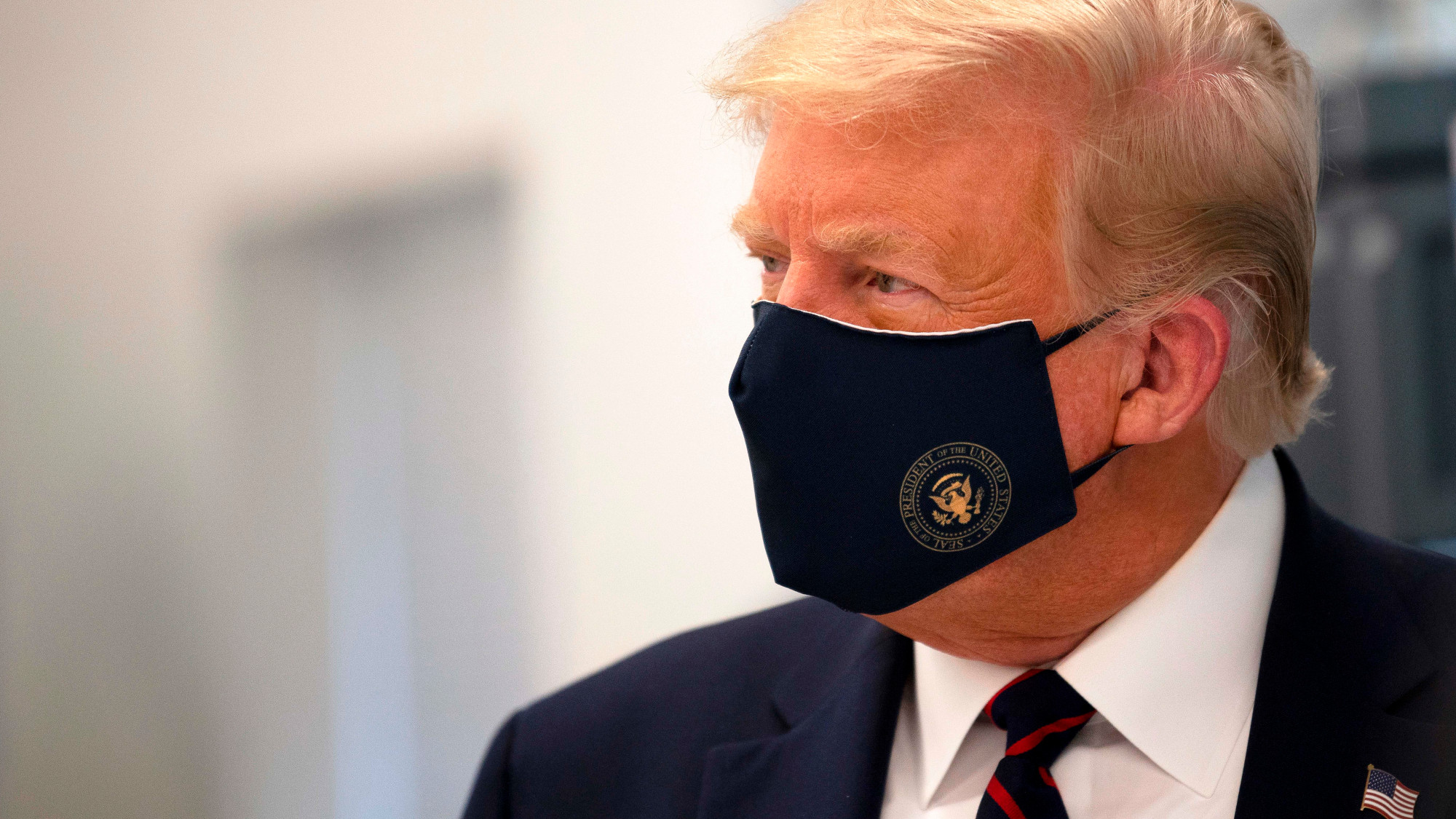 Unprepared for a pandemic
Unprepared for a pandemicOpinion What happens if bird flu evolves to spread among humans?
-
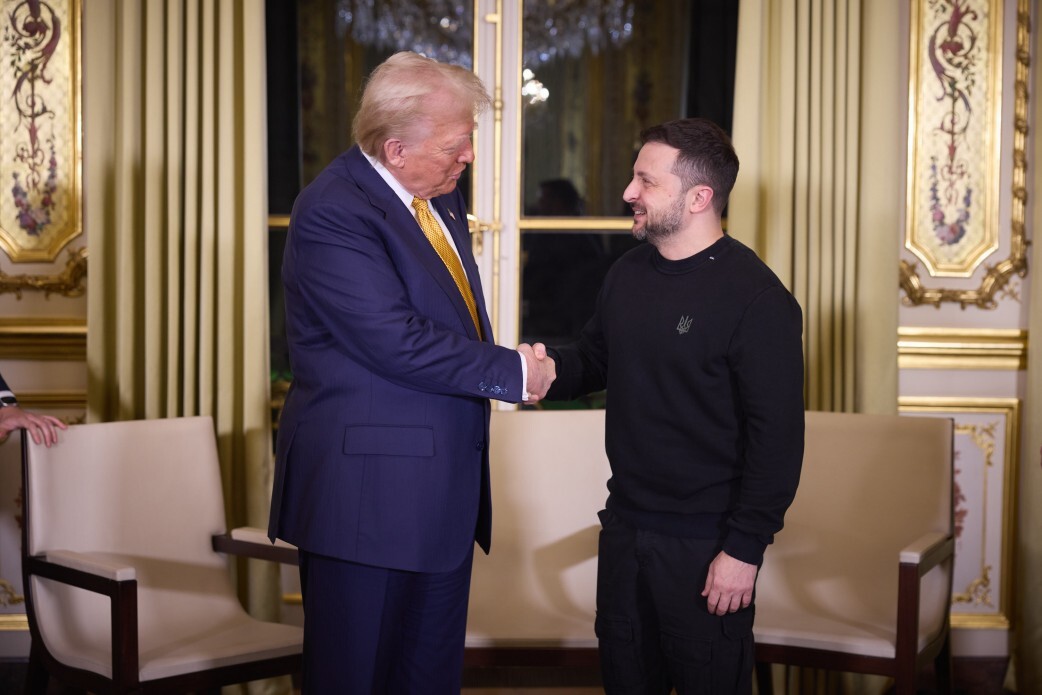 Ukraine hints at end to 'hot war' with Russia in 2025
Ukraine hints at end to 'hot war' with Russia in 2025Talking Points Could the new year see an end to the worst European violence of the 21st Century?
-
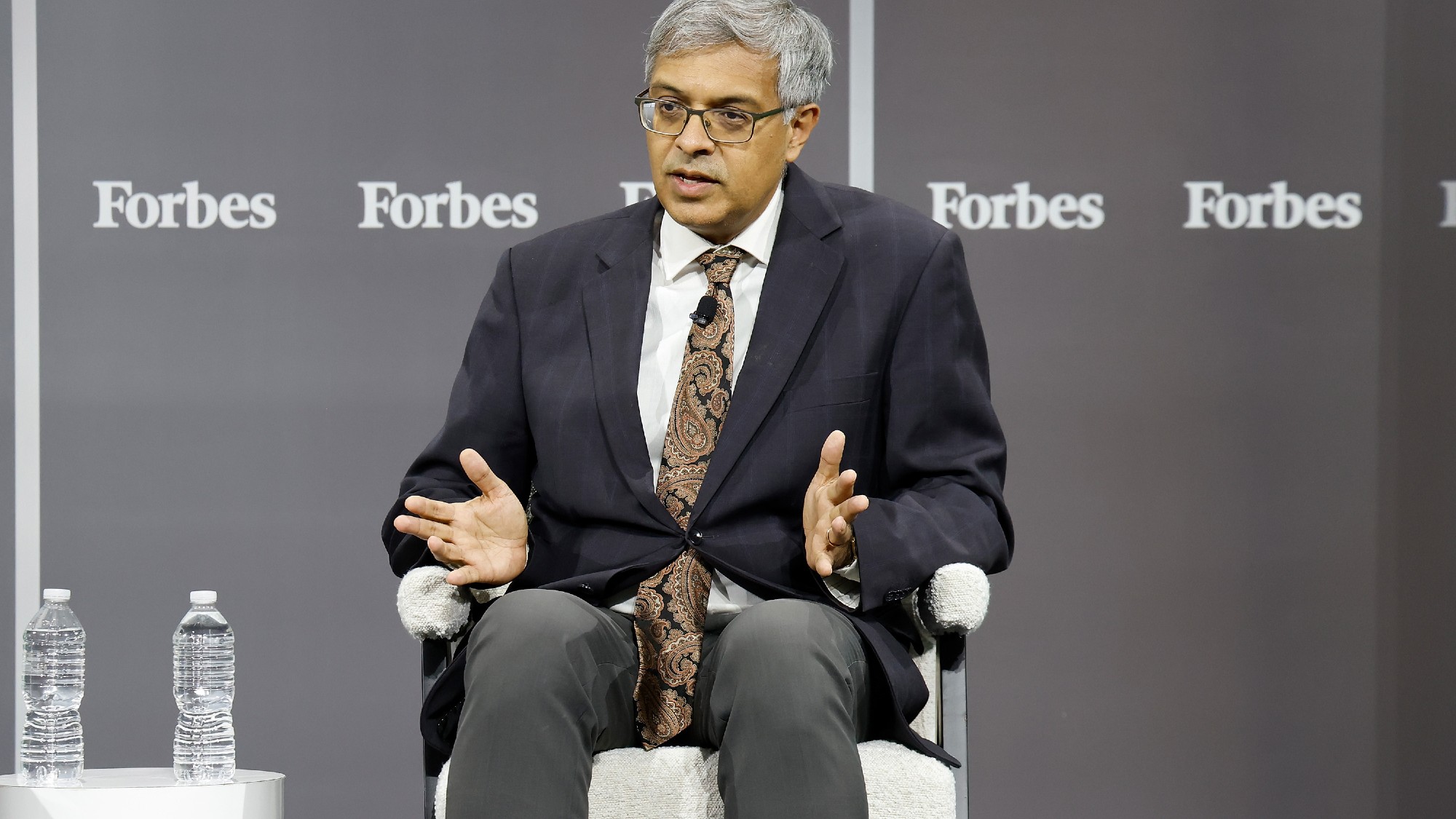 Jay Bhattacharya: another Covid-19 critic goes to Washington
Jay Bhattacharya: another Covid-19 critic goes to WashingtonIn the Spotlight Trump picks a prominent pandemic skeptic to lead the National Institutes of Health
-
 The future of X
The future of XTalking Point Trump's ascendancy is reviving the platform's coffers, whether or not a merger is on the cards
-
 The Democrats: time for wholesale reform?
The Democrats: time for wholesale reform?Talking Point In the 'wreckage' of the election, the party must decide how to rebuild